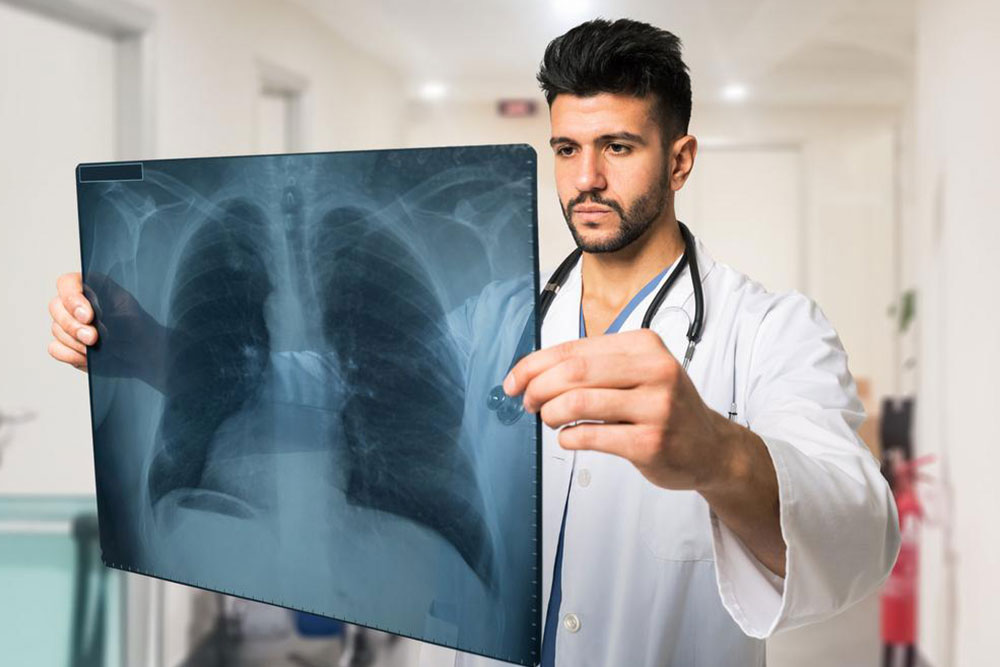Emphysema Explained: FAQs, Causes, and Treatment Options
Learn about emphysema, a chronic lung disease affecting breathing due to alveolar damage. This article covers causes like smoking and genetics, common symptoms such as shortness of breath and coughing, and treatment options including medications, rehab, and surgery. While incurable, proper management can improve quality of life and extend lifespan. Understand prognosis factors influenced by disease severity, habits, and overall health to better navigate coping strategies and treatment plans for this progressive condition.

Emphysema Explained: FAQs, Causes, and Treatment Options
Frequently Asked Questions About Emphysema
Emphysema is a long-term lung condition classified under chronic obstructive pulmonary disease (COPD). It results from damage to the alveoli, the tiny air sacs in the lungs, leading to breathing difficulty and reduced oxygen supply. The alveolar walls' destruction causes air retention and diminishes lung efficiency. Many individuals with emphysema also experience chronic bronchitis, which involves ongoing lung inflammation and coughing.
While a cure is unavailable, treatments aim to alleviate symptoms and enhance life quality. Discover causes, symptoms, treatment methods, and outlook.
What leads to emphysema?
Tobacco use – Smoking is the primary cause, damaging lung air sacs and their protective lining. Heavy smoking significantly increases the risk.
Genetic predisposition – Deficiency in alpha-1-antitrypsin (AAT), a lung protective protein, can cause early lung damage and is inherited.
What are the common signs and symptoms?
Breathlessness that worsens over time, along with wheezing and mucus-producing coughs.
Use of pursed-lip breathing to ease airflow by creating resistance to trapped air.
A barrel-shaped chest that results from air trapping and lung overexpansion, changing chest appearance.
What is the life expectancy with emphysema?
Longevity varies based on age, overall health, smoking history, gender, and disease severity. Advanced stages typically shorten lifespan more significantly.
For instance, a 65-year-old heavy smoker with early-stage emphysema may lose about 3-6 years, while later stages can cut lifespan by nearly ten years.
Quitting smoking and managing health conditions can improve outlook and prolong life.
Which treatments can help extend lifespan?
Medications – Use of bronchodilators, inhaled steroids, and antibiotics to improve airflow, decrease inflammation, and treat infections.
Supportive therapies – Pulmonary rehabilitation, breathing exercises, nutritional support, and oxygen therapy enhance breathing and overall well-being.
Surgical procedures – Lung volume reduction surgery or transplants may be considered in severe cases to remove damaged tissue or replace the lungs.
Tags: emphysema management, lung health, breathing disorders


